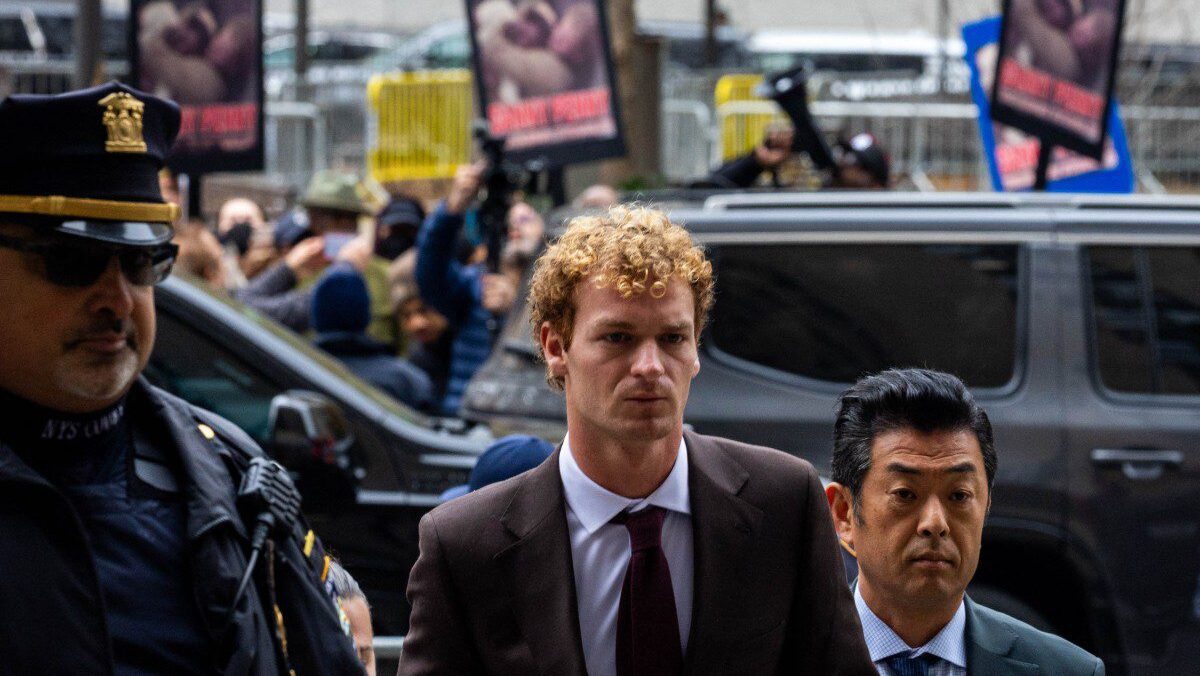
A U.S. Marine Corps veteran who choked an “insanely threatening” mentally ill homeless man with numerous past convictions—including assaulting a 67-year-old woman—has been acquitted on a charge of criminally negligent homicide.
Activists attempted to make the case against New York’s Daniel Penny into one centered around race (he is white, while Jordan Neely, who died following the struggle, was black). Lawyer and writer Max Klinger described this as “the most egregious example of the moral inversion that characterises so much of modern progressivism, and which the silent majority rightly detests.”
But instead, there are hopes that the concluded trial might push America and the rest of the West in the opposite direction, and that it might also mark a turning away from soft-on-crime practices in New York and beyond.
Black Lives Matter figures pounced on the verdict on Monday, insisting that Penny’s acquittal showed America is a “f*****g racist country.” They also called on “Black vigilantes” to retaliate.
But the response from this wing—particularly beyond New York—has been markedly smaller than to other cases in recent years, which may be a sign that their reach is waning, both inside and outside the U.S.
I said in my piece today that the handful of protesters outside the Penny trial had dwindled. In the beginning, anti-Penny folks could be heard from the courtroom on the bullhorn. That became less and less a thing. This morning, protesters for both sides have shown up, very…
— Kirsten Fleming (@KirFlem) December 9, 2024
Perhaps attempts at race-baiting—including by the prosecution, which routinely described Penny as “the white man”—simply didn’t work in this case because both white and black witnesses believed the Marine had acted in a “heroic” manner.
This, said NY Post writer Kirsten Fleming, will hopefully remind those paying attention of protecting others during times of need:
When a threat is present or a fellow citizen is in distress, we need someone to selflessly step up and intervene. To be a pair of safe hands until officials arrive.
And it shouldn’t be criminalised. Rather, it should be encouraged.
The paper’s editorial board also described the verdict as “a watershed moment for common sense, and against the soft-on-crime lunacy that plagues this city,” adding:
There’s hope for this town after all.
Whether this hope extends outside the borders of New York is yet to be seen. But this is, at the very least, a start.
